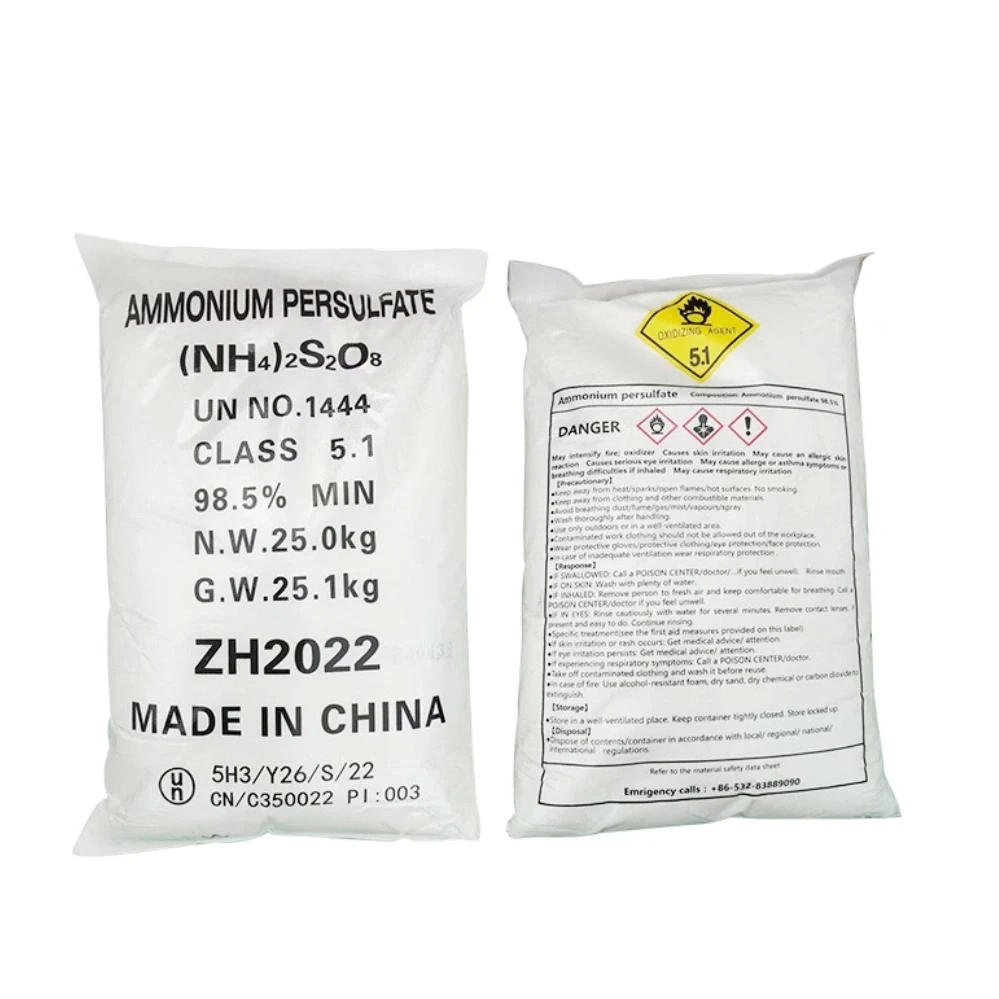



Chemicals Used in Industrial Water Treatment Processes and Their Applications
Industrial Water Chemicals Understanding Their Importance and Applications
Water is an essential resource in various industrial processes, serving multiple roles from cooling and heating to cleaning and transporting materials. However, the quality of water used in these processes can significantly affect production efficiency, product quality, and operational costs. This is where industrial water chemicals come into play. These chemicals are specifically designed to treat and enhance water, ensuring it meets the necessary standards for industrial applications.
The Role of Industrial Water Chemicals
Industrial water chemicals are utilized to manage several aspects of water quality, including hardness, pH levels, bacterial growth, and the presence of undesirable contaminants. Here are some key categories of these chemicals and their functions
1. Water Softeners Hard water can lead to scale buildup in boilers, cooling towers, and other equipment, which reduces efficiency and increases maintenance costs. Water softeners contain chemicals such as sodium carbonate or ion exchange resins that help remove calcium and magnesium ions from water, thus preventing scale formation.
2. Corrosion Inhibitors Corrosion can be a significant issue in industrial settings, particularly in metal pipes and equipment. Corrosion inhibitors, such as phosphates and molybdates, are used to form a protective layer on metal surfaces, minimizing rust and degradation and extending the lifespan of machinery.
3. Biocides The presence of bacteria, algae, and other microorganisms in water systems can lead to biofouling, which can severely affect system performance. Biocides like chlorine, bromine, and non-oxidizing agents are added to control microbial growth, thereby maintaining system efficiency and ensuring compliance with health regulations.
4. pH Adjusters The pH level of water can affect chemical reactions and overall process efficiency. Chemicals such as sulfuric acid or sodium hydroxide are used to adjust pH levels, optimizing conditions for specific industrial applications, such as in manufacturing processes or wastewater treatment.
5. Flocculants and Coagulants In water treatment processes, especially for industrial wastewater, flocculants and coagulants play a crucial role in particle removal. These chemicals help aggregate small particles into larger clusters, making them easier to separate from water during filtration or sedimentation processes.
industrial water chemicals

Importance of Water Quality Management
Ensuring optimal water quality is vital for maintaining operational efficiency and meeting regulatory standards. Poor water quality can result in increased downtime, costly repairs, and potential legal issues stemming from environmental regulations. Therefore, the use of industrial water chemicals is not merely a technical necessity but a strategic approach to resource management, ensuring sustainability and efficiency across operations.
Environmental Considerations
While industrial water chemicals are critical for maintaining water quality, their use also raises environmental concerns. Chemicals that are improperly managed can lead to pollution and health hazards. As a response, industries are increasingly adopting environmentally-friendly practices, such as using biodegradable water treatment chemicals or implementing closed-loop systems to minimize chemical discharge.
Furthermore, regulatory frameworks are evolving to promote the use of less harmful substances and encourage sustainable practices. Manufacturers and service providers are investing in research and development to create safer alternatives that minimize ecological impact while still delivering effective results.
Conclusion
In conclusion, industrial water chemicals play a fundamental role in ensuring that water used in industrial processes meets the required standards for quality and safety. From preventing scale buildup and corrosion to controlling microbial growth and adjusting pH levels, these chemicals are essential for enhancing operational efficiency and product quality.
As industries continue to evolve and face environmental challenges, the need for effective water management solutions will only grow. Embracing innovation and sustainability in the use of industrial water chemicals will be paramount in navigating the complexities of modern industrial operations, ensuring both productivity and environmental stewardship.
-
Why Sodium Persulfate Is Everywhere NowNewsJul.07,2025
-
Why Polyacrylamide Is in High DemandNewsJul.07,2025
-
Understanding Paint Chemicals and Their ApplicationsNewsJul.07,2025
-
Smart Use Of Mining ChemicalsNewsJul.07,2025
-
Practical Uses of Potassium MonopersulfateNewsJul.07,2025
-
Agrochemicals In Real FarmingNewsJul.07,2025
-
Sodium Chlorite Hot UsesNewsJul.01,2025










